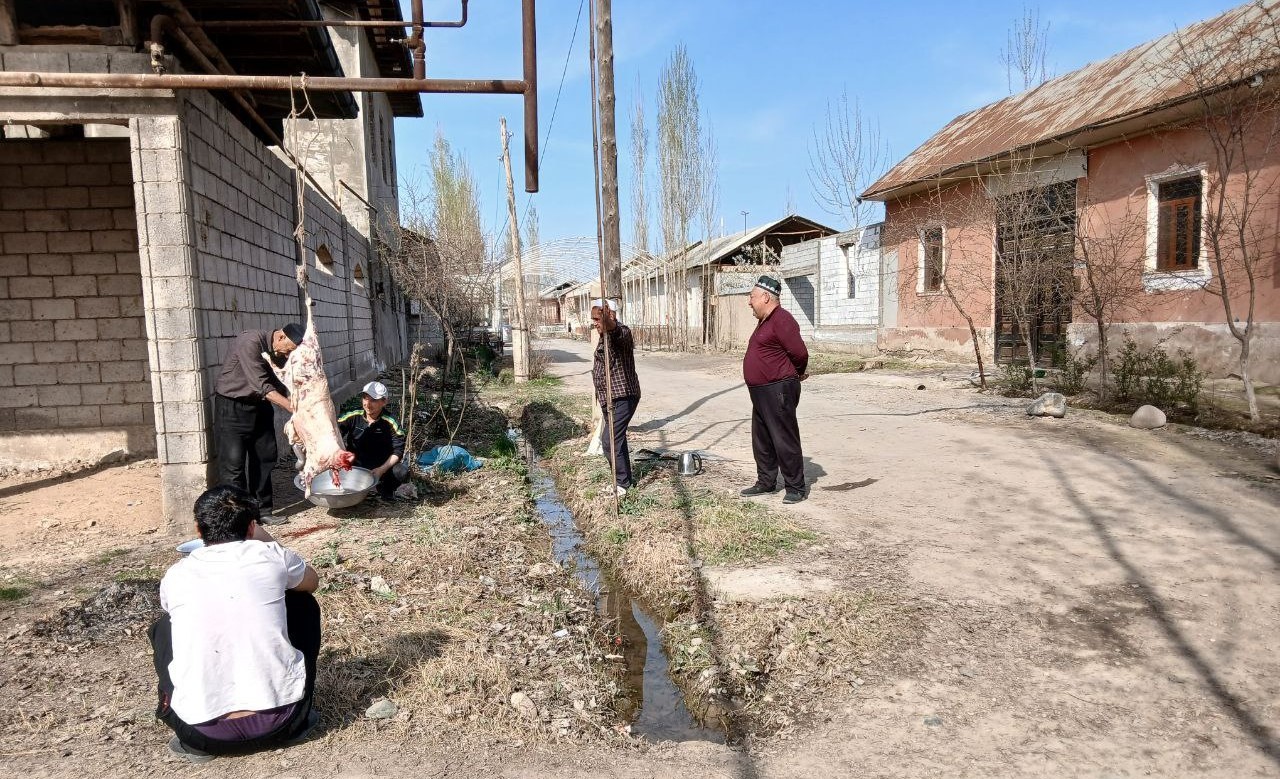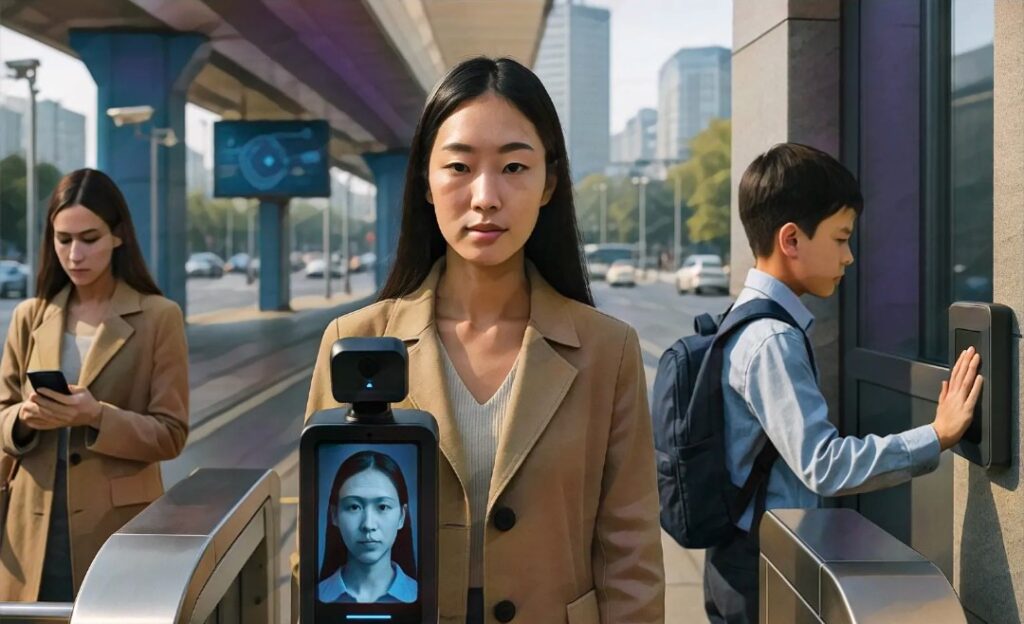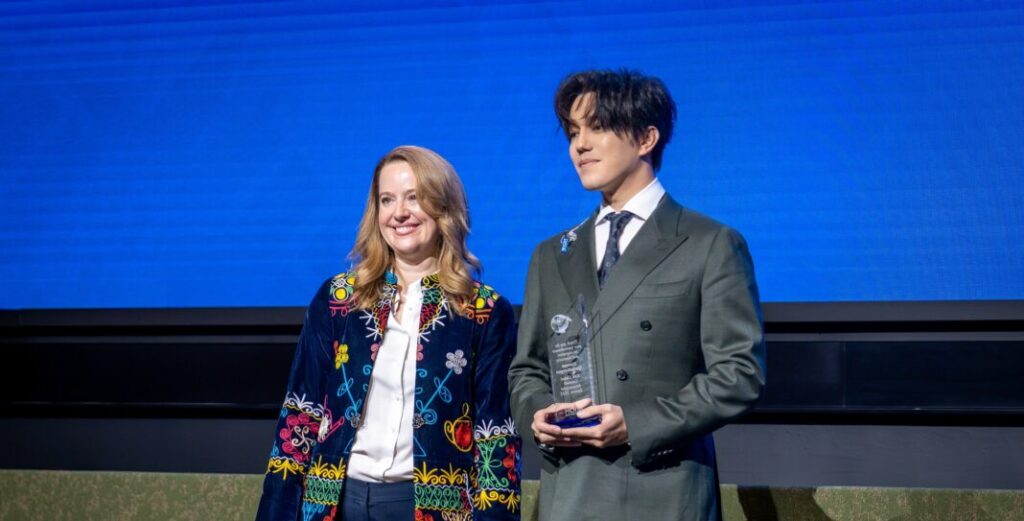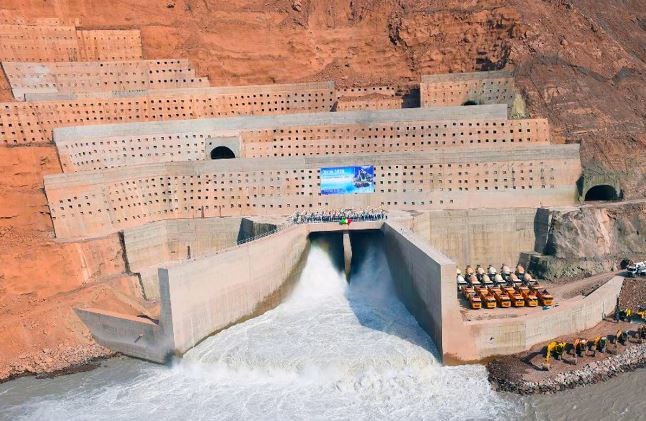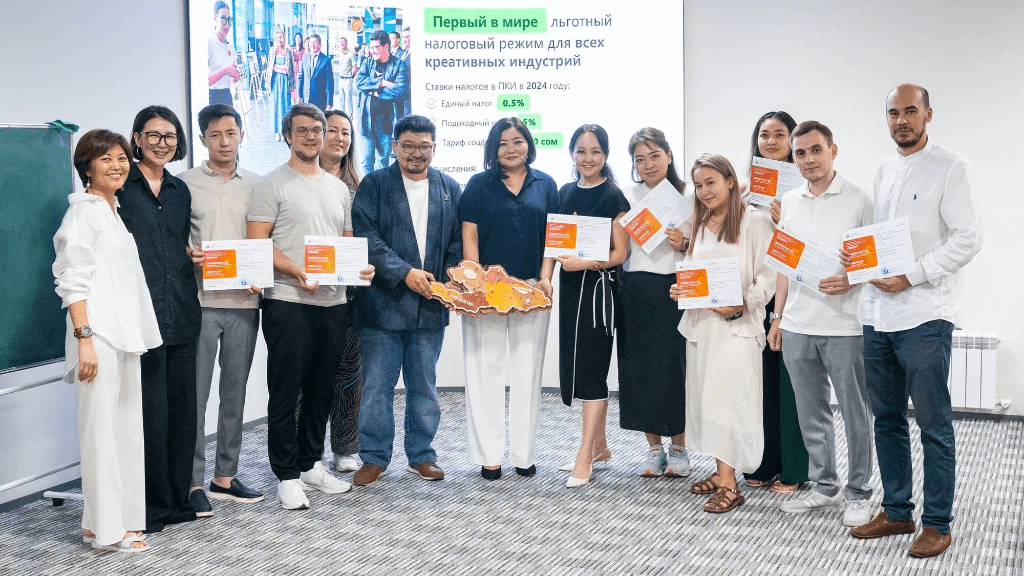In March 2025, the first round results of Uzbekistan’s Open Budget vote were announced. Among the thousands of approved projects, one quietly transformed the life of my neighborhood: our village street was getting asphalt.
To many, that might not sound like much. But for us, it was everything. After decades of walking through dust and mud, we were finally getting a paved road. When the results came in, something incredible happened: people began to celebrate. Not in the restrained, bureaucratic sense that tends to accompany official programs, but with real joy: music playing, neighbors cheering, children dancing in the same dirt that was finally going to be covered.
It felt like a wedding.
It was the result of effort. Weeks earlier, our local mahalla council had met and chosen this road as our community’s proposal. Then came the work. They assigned residents to campaign: not in any formal political sense, but with sincerity and purpose. People went door to door, house by house, explaining what Open Budget was and why this project mattered. Elders were helped to vote online. Younger neighbors posted in group chats. No one was forced; people just believed that for once, something depended on them.
And it did.
The Open Budget initiative, launched in 2019, allows Uzbek citizens to propose local development projects, new roads, repaired schools, better lighting, and vote for which ones deserve funding. The process is digital, accessible, and remarkably straightforward. But the impact is deeper than infrastructure. It gives people something they rarely get in official life: the feeling that their voice matters.
We often hear, especially from outside observers, that Central Asians are not “ready” for democracy. That our cultures don’t value participation, or that our political habits are too rooted in hierarchy and obedience. But the truth is simpler and less convenient: people participate when they believe their participation means something.
Open Budget, though limited in scope, creates a rare and meaningful space where that belief can grow. People vote not for politicians or platforms, but for real things – things they can touch, walk on, benefit from. And because of that, they care. They organize. They show up.
Of course, it’s not a perfect system. There have been reports about votes being bought, people being pressured, and outcomes being nudged. But even with those imperfections, the initiative continues to expand, and millions of people continue to engage. That’s not because they’ve been told to. It’s because they’ve seen results.
There’s a kind of quiet dignity that emerges when people take collective action for the first time, and it actually works. In our case, that dignity took the form of asphalt. It may seem simple, but it was hard-won, and it matters.
What’s most telling is how people talked about the process afterward. Not with skepticism, not with detachment, but with a sense of ownership. People said, “We voted for this road.” And that’s no small thing. Because in much of our recent history, things have happened to people. Rarely have they happened because of people.
In that way, Open Budget reveals something larger. It shows that participation does not need to begin at the top, with elections or political parties or national debates. It can begin in the neighborhood, in the family chat group, in a village street covered in dust.
Democracy, if it is to mean anything in our region, will likely not arrive through sudden revolutions or imported blueprints. It will arrive, as it is beginning to, through small, local moments where people feel their agency. Where they choose. And where their choice leaves a mark on the world around them.
I don’t want to exaggerate what Open Budget is. It is not a democratic transformation. It is not a substitute for representation or reform. But it is something. In systems where civic space is narrow, even small openings can reveal enormous things.
Because when people are given space, just a little, they act. They build. They imagine. What’s missing is not the will of the people. It’s the space in which to exercise it.
The road in my village will soon be paved. But the more important thing is what’s being paved beneath it: a quiet, patient kind of political awareness. One that begins not in slogans, but in streets.
If you want to know whether Uzbekistan is ready for democracy, don’t look at our elections. Look at our neighborhoods. Look at the way people organized for their road. Look at how they celebrated when it was approved. Look at how they believed, if only for a moment, that what they did mattered.
That is where it begins.
